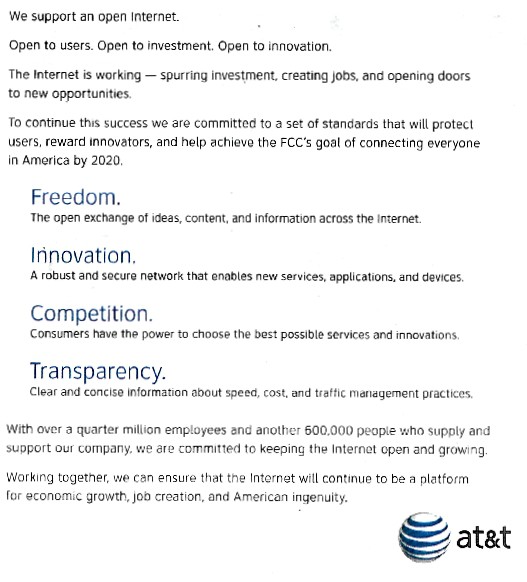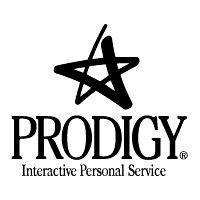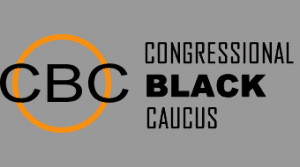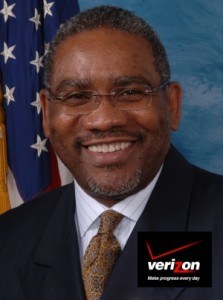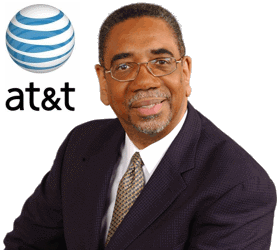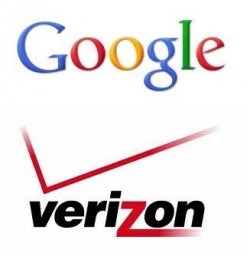 Back in the 1980s, a group of ragtag rural home satellite dishowners with 10 foot dishes took on the cable television industry for forcing viewers to purchase a set top decoder unit ($395) and paying programming prices higher than what cable viewers paid. It was all part of an effort by the cable industry, which had an ownership interest in most cable networks back then, to discourage consumers from purchasing satellite dishes to escape ever-increasing cable rates.
Back in the 1980s, a group of ragtag rural home satellite dishowners with 10 foot dishes took on the cable television industry for forcing viewers to purchase a set top decoder unit ($395) and paying programming prices higher than what cable viewers paid. It was all part of an effort by the cable industry, which had an ownership interest in most cable networks back then, to discourage consumers from purchasing satellite dishes to escape ever-increasing cable rates.
Back then, these consumers ran into the same kind of Congress we endure today — quick to listen to industry representatives bearing campaign contributions and slow to respond to the needs and interests of their constituents who elected them. Indeed, in one infamous example, a call placed to then-New York Senator Al D’Amato resulted in a staff member asking “what company are you with?”
Despite the power and influence of corporate interests protecting their turf, earning enormous profits along the way, many satellite dishowners stayed in the fight, and as cable rate increases continued, major reforms were finally enacted in the 1992 Cable Act which made small satellite dish services like DISH and DirecTV possible.
The struggle for Net Neutrality reminds me of that fight, and the fact it would take time to overcome the special interests and obtain important reforms. Here at Stop the Cap!, we’ve won more battles than we’ve lost thanks to a small army of consumers who despise Internet Overcharging schemes and are tired of paying outrageous high prices for broadband and other telecommunications services. Giving up the fight is not an option.
As the 111th Congress draws to a close, efforts to enact Net Neutrality through legislation this year have come to naught.
We were also disappointed by Julius Genachowski, the chairman of the Federal Communications Commission. Despite his promising start at the agency, after more than a year watching his performance he has proven to be far better at making speeches than actually implementing policy. His indecision and dawdling has resulted in a failure to deliver on his promise to reclassify broadband as — what it is — a telecommunications service. That leaves standing a federal court decision that swept away the Commission’s authority to oversee broadband and stop abusive behavior. For providers, that’s a dream come true. Just consider this week’s story that Clear is throttling their customers despite marketing claims they would never do such a thing.
But not to worry, America. AT&T is “committed to an open Internet,” proclaims the company in a new, feel-good advertisement. AT&T’s public policy ad claims the company stands with the Obama Administration on delivering universal access to broadband by 2020.
“The future,” the ad claims, “has always been our business.”
The notion is just so warm and fuzzy, it makes me want to adopt puppies and kittens.
[flv width=”640″ height=”380″]http://www.phillipdampier.com/video/ATT Public Policy Commercial.flv[/flv]
AT&T’s newest ad promotes the company’s public policy agenda, which opposes Net Neutrality while still claiming to respect its core principles. (1 minute)
Of course, AT&T is not so warm and friendly in Washington. This is the company that dwarfs all other Big Telecoms in spending its customers’ money on hardcore lobbying blitzkriegs on Capitol Hill, drowning Washington in cash and fooling consumers with fake front groups pretending to represent their interests.
Suz, a third-year graduate student at Georgetown University’s Communication, Culture and Technology (CCT) program, noticed some of our earlier coverage on the topic of AT&T and wrote this is a company with a history:
The ad really struck me because of its message and because of the medium. In another class I’m currently taking – The Development of Electronic Media – we just came to the chapter on the development of the telephone and the major influence that AT&T held over that field for the majority of the 20th century. In part because of government regulations supporting the idea of “universal service” and in part because of the desire to connect rural areas with urban areas on the same line of service, the federal powers – though they put a little pressure on after AT&T acquired Western Union with the threat of anti-trust lawsuit – eventually support AT&T’s decompetitive nature by insisting on a compatible network and blocking “duplicative” services, giving AT&T the far-and-away lead in the market.
“The future has always been our business – AT&T.”
Now, there was a lot of history between this “golden age” of monopoly for AT&T and its eventual position today. But what I find striking is the similar-sounding stance to then-CEO Vail’s mission statement of universal service. Their motive may not have been as altruistic as the motto was (one way to attain universal service is to place it in the hands of one provider), but it eventually convinced the government that its powers could be used for good, even at the expense of a competitive (and innovative) marketplace.
Welcome to AT&T v2.0.
AT&T’s dominance in landlines is now at an end, but its influence over the telecommunications medium of the 21st century — the Internet, is just beginning.
The timing could not be more ironic, either. While AT&T supports the goal for universal broadband service, it is fiercely lobbying to abandon a promise it made a generation earlier to deliver universal landline telephone service. For that earlier commitment to wire every home, it was granted monopoly status for much of the 20th century.
AT&T has promised to be benevolent if it can remain a completely unregulated mega-player in the broadband industry. It won’t openly censor opposing viewpoints, but it reserves the right to slow them down to make room for its preferred content partners. AT&T won’t control what you see or do online, but it does want the right to limit how much of the seeing and doing you can do without overlimit usage fees kicking in. But no worries, America — AT&T promises full disclosure, so at least you will know you’ve been network managed and overcharged for service.
Jeffrey Burnbaum — writing for the Washington Post — notes AT&T was the gold standard of high powered lobbying and little has changed today:
In the 1980s, AT&T was known for having one of the largest and most skilled corporate offices in Washington. Its representatives were everywhere and well-regarded on Capitol Hill. I remember one encounter between a tall AT&T lobbyist and an elegant McLean matron at a congressional cocktail party. The woman pecked the lobbyist on the cheek and then teased him: “I see you’re wearing your sincere blue suit.” He laughed knowingly — as did the lawmakers standing nearby and with whom he held much sway.
But personal respect wasn’t enough to hold back the tide, either. The telecommunications act of 1996 demonstrated the growing clout of the Baby Bells and AT&T made one last stab at restoring its prowess. In 1998 it hired a former White House deputy chief of staff, James W. Cicconi, to reorganize its Washington presence.
The former aide to George H. W. Bush put together what stands to this day as the model of a contemporary lobbying campaign. Under his guidance, AT&T dispensed tons of campaign cash, formed coalitions with sympathetic-sounding organizations, hired some of the biggest names in downtown Washington as lobbyists and spent millions of dollars on television advertising.
Net Neutrality advocates believe broadband reform is essential in the marketplace duopoly that exists today for most Americans. With limited options, providers must do more than commit to an open Internet — they must be compelled to deliver it. The industry’s scare tactics of slowed investment, job losses, and lost innovation are as patently ridiculous — and offensive — as similar claims made by the company over its breakup in the early 1980s. With the power and influence of lobbying, telecommunications deregulation has allowed them to start putting the pieces back together again. They are richer and more powerful than ever.
But can they be overcome? Considering the cable industry deeply underestimated the impact of a consumer outcry over the industry’s abusive practices in the 1980s and early 1990s, the answer remains yes. Just like the speeds of AT&T’s DSL service, it is just going to take awhile.


 Subscribe
Subscribe